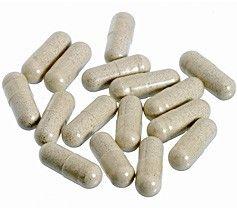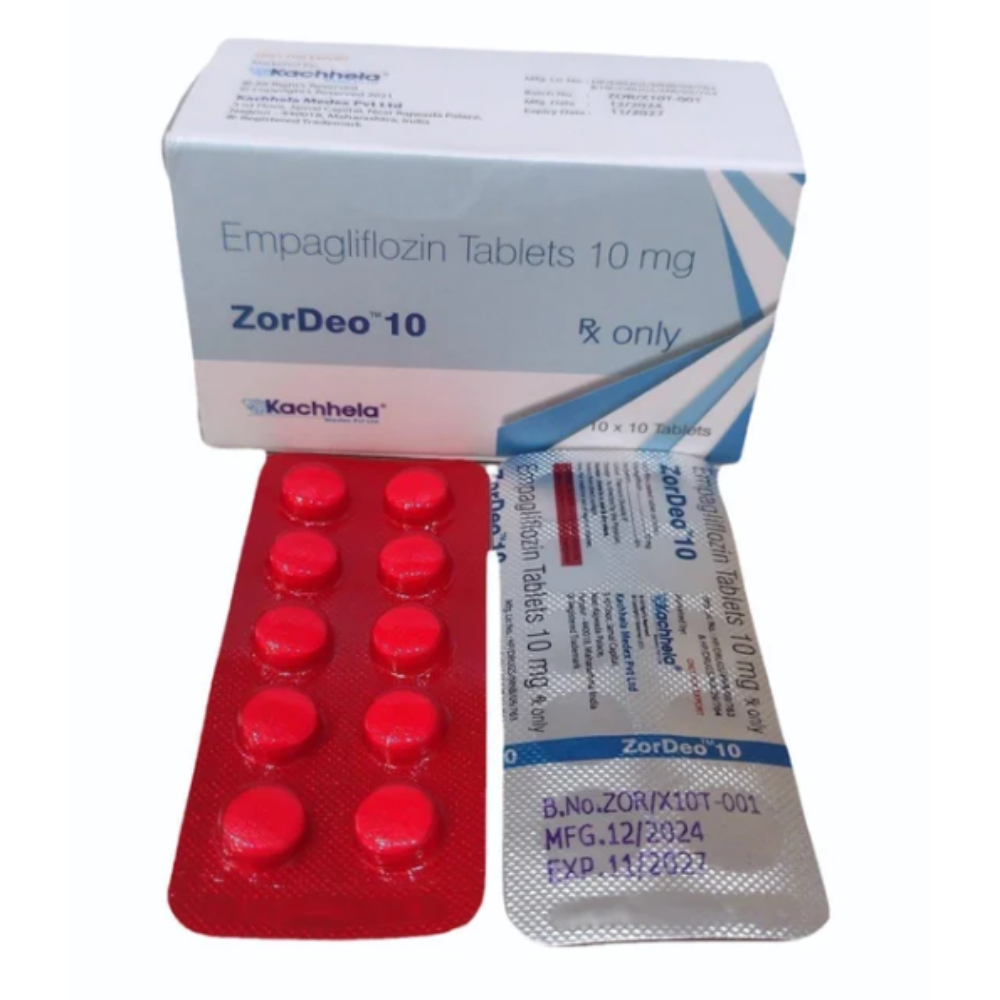Checking out the Systems Behind Fenbendazole and Its Effect On Pet Health And Wellness
Fenbendazole is a widely made use of anthelmintic understood for its performance versus various bloodsuckers. Its key system entails the restraint of microtubule development, which interferes with essential processes in these microorganisms. Past its antiparasitic homes, fenbendazole also appears to boost immune actions and possesses anti-inflammatory benefits. Recognizing these complex results can disclose brand-new applications for pet health and wellness. Inquiries stay regarding its full capacity and security account.
The Pharmacokinetics of Fenbendazole
The pharmacokinetics of fenbendazole, a widely used anthelmintic in veterinary medicine, involves the study of its absorption, distribution, metabolic process, and excretion within pet systems. After management, fenbendazole is swiftly soaked up from the gastrointestinal tract, with peak plasma focus taking place within hours. Its distribution is affected by variables such as cells binding and lipid solubility, permitting it to permeate various cells efficiently. The medication undertakes extensive metabolism largely in the liver, where it is converted right into active and non-active metabolites. These metabolites play a role in the drug's total effectiveness and safety and security account. Discharging takes place mostly with feces, with a smaller sized percentage eliminated using urine. The half-life of fenbendazole varies among varieties, which impacts application regimens. Recognizing these pharmacokinetic residential properties is vital for optimizing its therapeutic use and making sure reliable bloodsucker control in vet practices.
Systems of Action Against Bloodsuckers
Fenbendazole applies its antiparasitic impacts largely with the inhibition of microtubule development in parasites. This disruption impacts their structural integrity and cellular features, resulting in impaired power metabolism. Consequently, the medication properly endangers the survival and recreation of numerous parasitic organisms.
Restraint of Microtubule Development
Inhibition of microtubule formation represents a critical system where certain anthelmintic agents, consisting of fenbendazole, exert their results on parasites. Fenbendazole binds to tubulin, a healthy protein that forms microtubules, interfering with the polymerization procedure necessary for microtubule setting up. This disturbance impairs vital cellular functions, consisting of mitosis, intracellular transportation, and architectural stability. As microtubules play a critical duty in preserving the shape and feature of parasitic cells, their inhibition leads to cell cycle arrest and eventual fatality of the bloodsucker. This system is particularly effective against nematodes, as their dependence on microtubules for wheelchair and nutrient absorption makes them at risk to fenbendazole. The inhibition of microtubule formation is a crucial element of fenbendazole's healing efficiency in veterinary medication.
Disruption of Basal Metabolism
Interfering with basal metabolism is one more crucial system whereby fenbendazole targets parasitic organisms. This anthelmintic modifies the energy manufacturing pathways within bloodsuckers, mainly influencing their capacity to generate adenosine triphosphate (ATP) By hindering glucose uptake and interfering with mitochondrial feature, fenbendazole limits the power resources necessary for the survival and reproduction of these microorganisms. As a result, parasites become increasingly susceptible to environmental tensions and immune feedbacks. The disturbance in power metabolism not only affects the parasites straight but additionally lowers their ability to take in nutrients, better harming their development - fenbendazole 222. On the whole, the disruption of power metabolic process represents an essential facet of fenbendazole's efficiency against various parasitical infections, contributing considerably to enhanced animal wellness results
Potential Adverse Effects and Safety And Security Profile
The potential side impacts and safety and security profile of fenbendazole warrant cautious consideration, especially in vet applications. While generally considered as risk-free, some animals might experience unfavorable reactions, including intestinal disturbances such as vomiting and looseness of the bowels. In addition, neurological signs, although uncommon, have been reported in delicate people, highlighting the demand for surveillance throughout treatment.

Fenbendazole's safety in numerous varieties, consisting of dogs and pet cats, has been recorded, but dose and duration of therapy need to be very carefully handled to lessen risks. Expecting or lactating animals might likewise need special focus, as the effects on creating fetuses or nursing spawn are not completely understood.
Normal vet appointments can assist minimize possible side effects and assure the drug is carried out properly. Subsequently, while fenbendazole is an effective anthelmintic agent, watchfulness concerning its negative effects is vital for maintaining pet health and wellness.

Fenbendazole's Influence on Immune Function
Fenbendazole has been kept in mind for its prospective to modulate body immune system feedbacks in pets. Its anti-inflammatory homes might add to enhanced immune feature, offering a double benefit in taking care of health and wellness (fenbendazole capsules). Understanding these impacts is vital for assessing fenbendazole's duty in vet medicine
Body Immune System Inflection

Anti-inflammatory Features
Anti-inflammatory results stand for a considerable aspect of fenbendazole's impact on immune feature. Research study indicates that fenbendazole may minimize the production of pro-inflammatory cytokines, which are essential in moderating inflammatory actions. By regulating these cytokines, fenbendazole can potentially alleviate inflammation-related conditions in pets. This anti-inflammatory activity not only help in managing signs and symptoms related to numerous conditions however likewise boosts general body immune system effectiveness. Furthermore, its capacity to advertise a balanced immune action aids prevent extreme inflammatory damages, which can cause persistent health concerns. Subsequently, fenbendazole's duty in swelling monitoring underscores its relevance in veterinary medication, providing a twin advantage of antiparasitic action and body immune system support for animal health.
Applications Past Typical Parasitic Infections
While largely acknowledged for its efficiency against various parasitical infections, fenbendazole has amassed attention for possible applications beyond this standard scope. Recent studies suggest that fenbendazole may have valuable imp source effects on mobile wellness and immune response, making it an intriguing prospect for taking care of other health problems in pets. Its reported anti-inflammatory buildings might give relief for pets enduring from persistent inflammatory conditions. Furthermore, some research study indicates that fenbendazole might contribute in sustaining the overall wellness of pets by improving nutrition absorption and intestinal wellness. Its potential as a complement therapy in cancer cells treatment has triggered rate of interest, as preliminary findings suggest it could prevent lump cell growth in particular contexts. These varied applications highlight fenbendazole's adaptability, encouraging further exploration into its multifaceted benefits for animal health and wellness past its conventional usage as a deworming agent.
Future Research Instructions and Implications for Pet Health And Wellness
The exploration of fenbendazole's possible applications has actually opened brand-new avenues for research focused on improving pet health and wellness. Future researches can concentrate on its performance versus a broader variety of virus, including bacteria and viruses, thus broadening its duty in veterinary medication. The implications of fenbendazole's systems, such as its influence on immune inflection, warrant even more investigation to recognize just how it can strengthen total health in different types.
Additionally, study may check out suitable dosages and solutions to make the most of efficiency while decreasing potential side effects. Checking out fenbendazole's collaborating results with various other medications could bring about extra reliable treatment procedures. Longitudinal researches examining long-term end results in animals treated with fenbendazole could give important understandings into its security and performance. In general, the ongoing expedition of fenbendazole supplies promising possibility to enhance animal wellness, demanding a joint strategy amongst scientists, vets, and pharmaceutical programmers to help with innovations around.
Regularly Asked Inquiries
Can Fenbendazole Be Made Use Of in Livestock for Parasite Prevention?
The question of whether fenbendazole can be used in animals for bloodsucker prevention matters, as producers seek reliable therapies (222 mg). Study shows it might offer advantages, however correct guidelines and veterinary advice are vital for secure usage
What Is the Recommended Dose of Fenbendazole for Various Pets?

Exist Any Type Of Understood Medication Interactions With Fenbendazole?
Present expertise indicates that fenbendazole might interact with particular medications, potentially affecting their efficacy or metabolic rate. Vet specialists recommend seeking advice from a vet to examine individual animal cases and determine any possible interactions before administration.
How Does Fenbendazole Contrast to Various Other Antiparasitic Medications?
Fenbendazole is frequently compared to various other antiparasitic drugs based on efficiency, spectrum of task, and security profiles. It is favored for its efficiency against a broad range of bloodsuckers while normally showing marginal negative effects in animals.
Is Fenbendazole Effective Against Viral or Microbial Infections in Animals?
The performance of fenbendazole against viral or microbial infections in animals remains unproven. Research study primarily focuses on its antiparasitic residential properties, with minimal proof supporting any role in dealing with non-parasitic infections in veterinary medication.